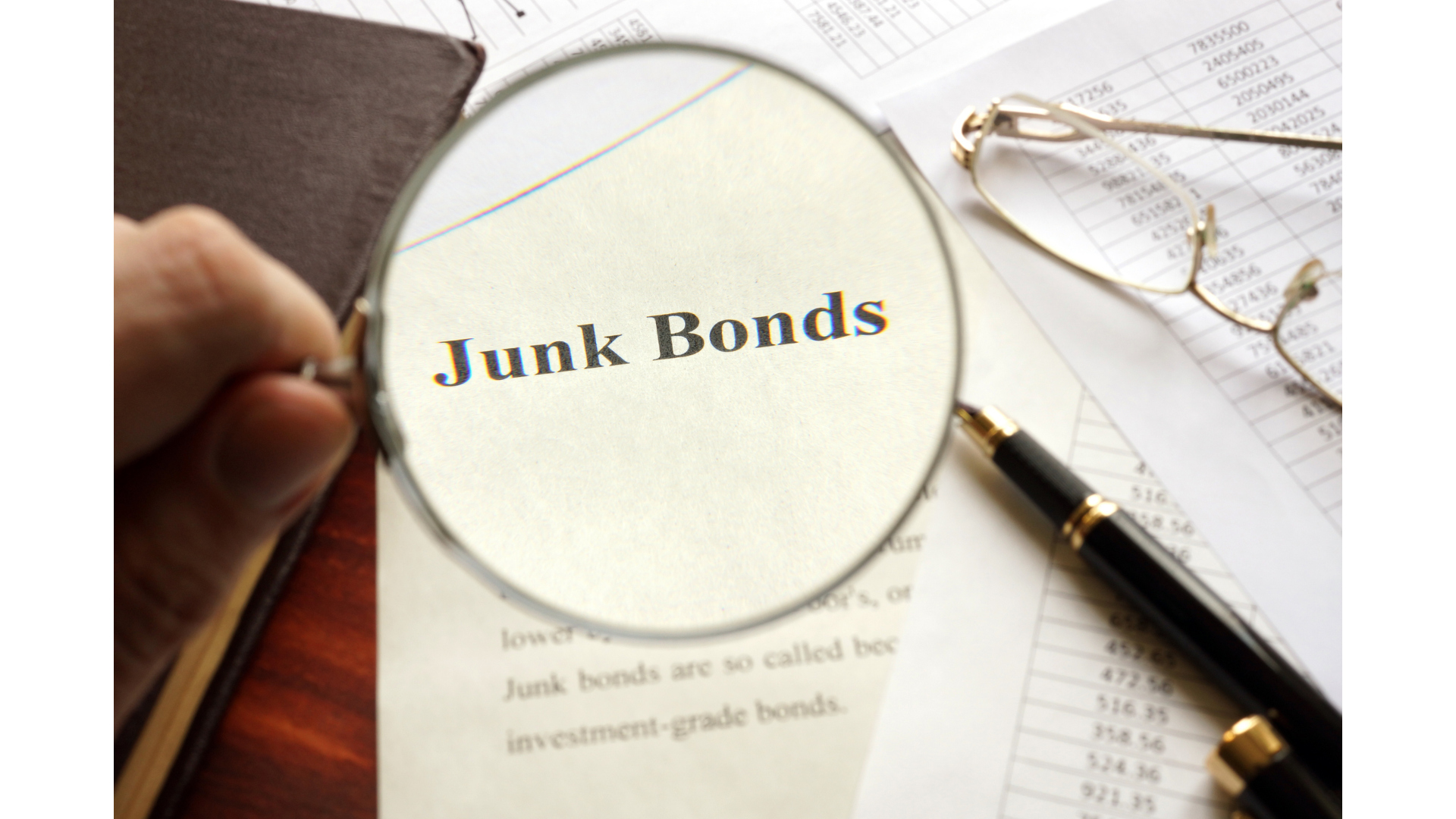
Why would any investor want to invest in something known as a junk bond? Certainly, the name alone could put you off, and they are known for having a “risky” reputation, too. However, junk bonds can have unique appeal for newer investors seeking higher yields in today’s environment.
Explore More: 12 Best Safe Investments To Grow Your Money in 2025
Read Next: Clever Ways To Save Money That Actually Work in 2025
Despite their name, they historically deliver higher returns than Treasury bonds, according to Robert R. Johnson, PhD, CFA, CAIA, professor of finance, Heider College of Business at Creighton University. He said that junk bonds returned 8.3% annually from 1983 to 2023, compared to 5.8% for Treasury bonds (and even higher yields at other points).
Find out how investing in them strategically may be a great idea for newer investors, if you’re fully apprised of all the risks.
What Are Junk Bonds, Really?
A junk bond isn’t actually a “bad” bond, it’s just a type of corporate bond that has a credit rating below investment grade, which makes it riskier than more stable, highly rated bonds, Johnson said.
Bond rating agencies such as Standard & Poor’s, Moody’s Investors Service and Fitch Ratings assign ratings to bonds just like teachers assign letter grades to students, Johnson explained. Bond ratings range from AAA (the highest rating) down to C and D which refer to bonds that are already in default on some of their payments. Anything below a “BBB” is a “junk bond.”
Some institutional investors are only allowed to invest in investment-grade bonds and are prohibited from investing in junk bonds, Johnson shared. “In fact, if they hold a bond that is downgraded (or if the rating is lowered) from investment grade to below investment grade or junk status, they must sell that bond from their holdings, even if it’s at a sizable loss.”
Why Junk Bonds Appeal To Yield-Hungry Investors
Despite these downsides, these bonds have a higher return potential compared to investment-grade bonds for those whose portfolios can allow room for risk.
Junk bonds performed especially well during “expansive Fed policy” Johnson said, meaning when the Federal Reserve board does things to stimulate the economy, such as lowering interest rates, making it cheaper to borrow money and buying government securities. In these time periods, junk bonds have returned as much as 11.7%.
“Investors are attracted to junk bonds because of the expectation of higher returns,” Johnson said.
The Hidden Risks Every Investor Should Know
Unsurprisingly, with higher than usual returns often come greater risks. High-yield bonds carry a much higher level of credit risk than investment grade bonds, according to Evan Mann, senior high yield analyst at Gimme Credit.
“If a bond is held until its maturity date, there is no risk to the principal,” Mann said. However, if rates move up or down, the market price of a bond will also move up or down, which means there’s either an opportunity for principal gain or loss if the bond is sold before its maturity date.
“Junk bonds become attractive when investors’ aversion to risk decreases,” Johnson pointed out. A mindset that is not a little risk averse can be dangerous if it isn’t mitigated with other diversification strategies.
Should New Investors Buy Individual Junk Bonds?
People who are not afraid of a little risk with their reward can definitely invest in these bonds, though Johnson warned that only experienced investors should try to pick individual junk bonds to invest in.
“The analytical sophistication necessary to successfully identify junk bond investments is beyond the expertise of most individual investors,” Johnson warned. A better call is to invest in the junk bond markets through junk bond ETFs and mutual funds.
Mann agreed that ETFs or mutual funds provide diversification, “especially for individuals who don’t have the time or skill to do their own credit analysis or significant investible funds to build their own diversified bond holdings.”
Are Junk Bonds Right for You? Expert Opinions Vary
When it comes to deciding if junk bonds are right for you, generic advice just won’t cut it — it all depends upon your unique financial circumstances.
Johnson “is not a fan” of first-time investors including junk bonds in their portfolios, suggesting people should “invest in a low-fee, diversified equity index fund and continue to invest consistently whether the market is up, down or sideways.”
Mann, on the other hand, believes they can be a good addition to a diverse portfolio, but prioritizes the ETF or mutual fund route.
As with any form of investing, you have to weigh the rewards against the risks, and your overall financial goals. It’s always a good idea to speak with a financial advisor if you’re just not sure.
More From GOBankingRates
- 7 McDonald's Toys Worth Way More Today
- 4 Companies as Much as Tripling Prices Due To Tariffs
- 8 Common Mistakes Retirees Make With Their Social Security Checks
- 6 Hybrid Vehicles To Stay Away From in Retirement
This article originally appeared on GOBankingRates.com: Junk Bonds Might Be Ideal for New Investors







